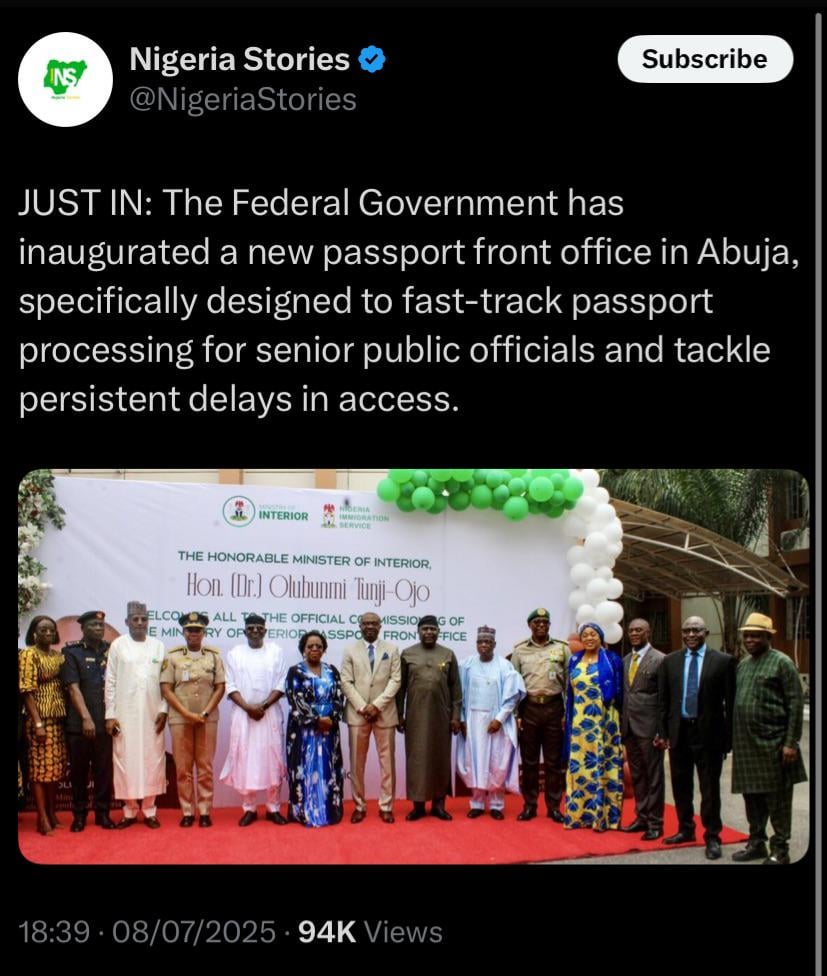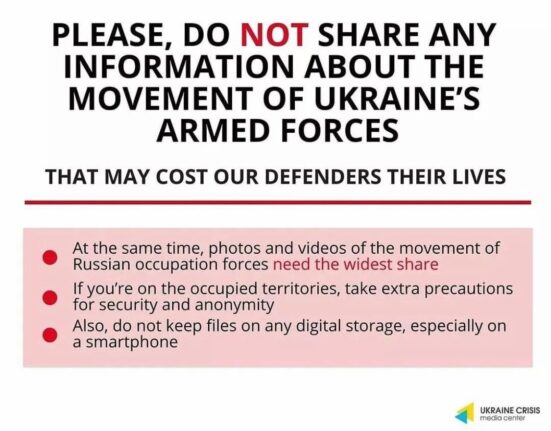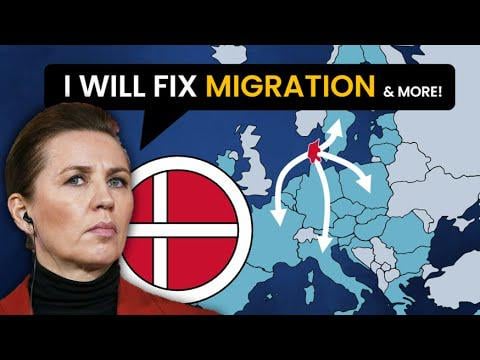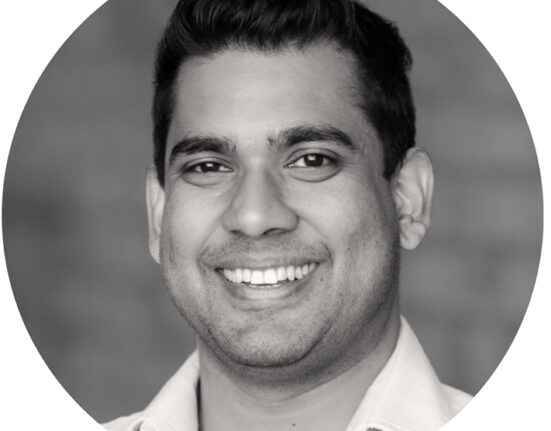Living in a country where inequality is starkly evident can be disheartening, especially when public officials seem to prioritize the elite over the average citizen. A recent post on Reddit’s Nigeria community shed light on a particularly troubling issue – the creation of a fast-track passport system for politicians and VIPs while the general populace continues to struggle with bureaucratic hurdles. The frustration and disillusionment expressed in the post resonate with many who feel marginalized by a system that caters more to the privileged few than to the common man.
The original post captures the sentiment of many Nigerians who have long lamented the disparities in their society. It highlights a pervasive problem where those in power seem to be more concerned with their own convenience and privilege rather than the welfare of the masses they are meant to serve. This glaring discrepancy in treatment between the elite and the everyday citizen underscores a deep-seated issue of inequality and injustice that plagues the country.
It’s a sad reality when public officials prioritize the needs of the privileged few over the struggles of the average person. This fast-track passport system for politicians and VIPs only serves to widen the gap between the haves and the have-nots.
The frustration expressed by the original poster reflects a broader sense of disillusionment among many Nigerians who feel let down by a system that consistently fails to address their needs. The perception that the upper echelons of society enjoy numerous benefits and privileges at the expense of the common folk perpetuates a narrative of elitism and exclusion. This sense of injustice can breed resentment and erode trust in the government’s ability to govern fairly and equitably.
When the government prioritizes the convenience of a select few over the well-being of the majority, it reinforces a cycle of inequality and disenchantment among the populace.
The sentiment of helplessness and despair expressed in the post hints at a deeper existential crisis faced by many Nigerians who grapple with the harsh realities of everyday life. The feeling of being born into a country rife with systemic issues and entrenched inequalities can be overwhelming, leading to a sense of disillusionment and resentment towards a system that appears designed to benefit the few at the expense of the many.
The frustration and despair articulated in the post reflect a larger societal malaise where the promise of a better future seems increasingly out of reach for the average citizen.
In examining the broader implications of this disparity in treatment, it becomes apparent that such actions by public officials not only perpetuate existing inequalities but also undermine the social contract between the government and the governed. When those in power prioritize their own interests over the collective well-being of society, it erodes the trust and legitimacy of the entire political system, fostering a culture of apathy and cynicism among the populace.
By creating a two-tiered system that favors the elite, public officials risk alienating the very people they are meant to serve, further deepening the divide between the rulers and the ruled.
As discussions unfold in online forums like Reddit’s Nigeria community, it becomes evident that the frustration and disillusionment expressed by the original poster are shared by many who feel marginalized and overlooked by a system that caters to the interests of a select few. The collective voice of the community serves as a powerful reminder of the need for greater accountability and transparency in governance, where decisions are made with the welfare of all citizens in mind, not just a privileged minority.
In conclusion, the original Reddit post encapsulates a sentiment that resonates with many Nigerians grappling with the harsh realities of a society marked by inequality and injustice. The creation of a fast-track passport system for politicians and VIPs is not merely a bureaucratic inconvenience but a symbol of a deeper malaise that afflicts the country. It underscores the urgent need for a more equitable and inclusive system that prioritizes the well-being of all citizens, not just a privileged few. Ultimately, the call for change and reform is not just a plea for fairness but a demand for a more just and equitable society where every individual has the opportunity to thrive and succeed.









Leave feedback about this